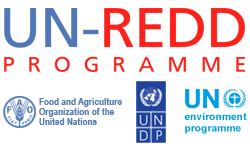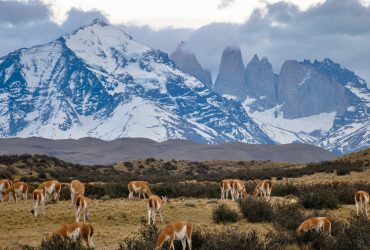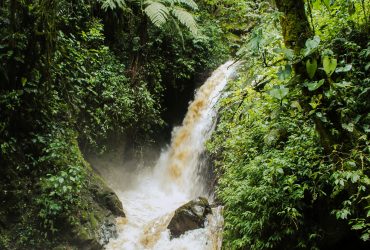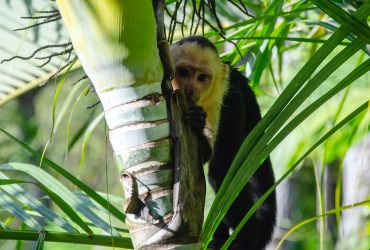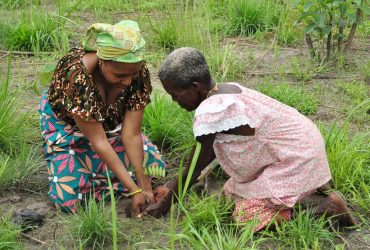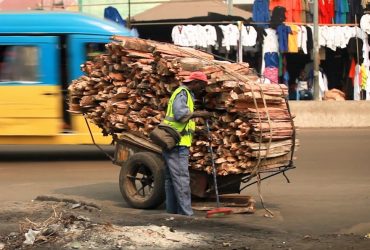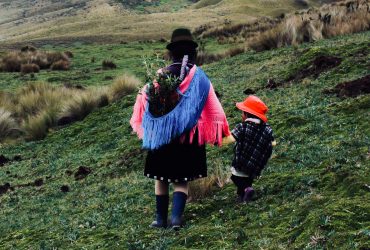The Government of Myanmar has made significant advancements against the pillars of the Warsaw Framework for REDD+, including the completion of the National REDD+ Strategy development through an inclusive and gender-responsive stakeholder engagement process. Much of the achievements and lessons learned are the result of dedicated work carried out under the UN-REDD National Programme which ended in November, 2020.
In addition to the ongoing instability induced by the COVID-19 pandemic, the political situation that emerged in February, 2021 made it impossible to realistically plan for the implementation of new TA activities. In line with the document, “Myanmar United Nations Country Team (UNCT) Engagement in Current Context,” no engagement with the de facto government counterpart was possible, which had an impact on the planning and implementation of the 2021 TA. However, the country team continued with planned activities under the two initiatives mentioned above to the best extent possible, relying on remote support and international and national consultancies.
The UN-REDD country team considers UN-REDD support of paramount importance to build on and continue the successful work carried out in previous years. The country team will continue to reassess the situation to identify windows of opportunity for planning a re-entry in 2022.
In addition to regular TA, Myanmar is a beneficiary of two additional UN-REDD initiatives launched in 2020: Addressing Forest Crime through Improved Forest Governance in the Lower Mekong Region (LMR) and Integrating Mangroves into REDD+ Implementation in Myanmar. The latter, even with adjusted activities, managed to achieve progress as outlined in a dedicated section below. An online workshop about promoting legal and sustainable timber production in community forests for supply to SMEs was organized on December 16, 2021 as a country-level follow-up to the regional SFT-LMR workshop. The session focused on sharing experiences and challenges faced by timber smallholders and community forests in Myanmar.
The UN-REDD LMR Myanmar team has been providing inputs to RECOFTC, as they are developing a curriculum for local and national stakeholders to support sustainable forest management and legal trade of forest products in the context of international and national certification mechanisms. They are also helping to plan the pilot training at the local level in Kachin State.
MYANMAR MANGROVES TECHNICAL ASSISTANCE
In the aftermath of the coup that took place in February, 2021, the UN-REDD team undertook a critical analysis of the UN-REDD Mangroves Technical Assistance (TA), in line with UNCT Engagement Principles. The assessment included the continuation, revision or halt of work delivery. Based on the result of the analysis, UN-REDD prepared an activity matrix, outlining the activities to be paused or continued and proposed alternative activities to be pursued. A progress update note was provided to the Executive Board in September, 2021. (See annex to the report of the Session 1 of the UN-REDD Executive Board meeting held on September 1, 2021.)
PROGRESS AGAINST THE WARSAW FRAMEWORK
NS/AP: The inability to engage with the de facto authorities significantly reduced progress in this area, however, preliminary work was done for the development a REDD+ Action Plan with the Karen National Union (KNU) and New Mon State Party (NMSP) respectively.
FREL/FRL: Significant spatial analysis was carried out to produce mangrove extent and mangrove condition/degradation maps. This will constitute the core of the activity data to be used for updating and improving the latest version of the Country’s FREL (submitted in 2019). This is preparatory work that can only be finalized once the political situation improves and direct contact with the Forestry Department can be re-established.
NFMS: Due to the political situation and the COVID-19 pandemic, no field work was possible. The analysis of data from cluster plots in mangrove areas for an estimate of emission factors will be carried out in the first quarter of 2022. A preliminary report on data analysis of
the National Forest Inventory in mangrove plots was undertaken, with work to be finalized in 2022
SIS: A draft guidance package on how to apply Myanmar’s national safeguards approach at the sub-national level has been produced and shared with project partners and selected experts for initial feedback. This package includes a guidance document and a set of checklists,aimed at helping CSOs, NGOs and other civil society REDD+ planners and implementers to plan, design and implement socially and environmentally sustainable REDD+ actions in line with the safeguards.
REDD+ IMPLEMENTATION
Forest solutions realized. After a revision of the Results Framework, significant effort was placed on Community Forests, Community Forest Enterprises and Community Protected Areas (Output 4 of the Mangroves TA). Community forest work in selected sites in the Ayeyarwady region began by delivering capacity building sessions in partnership with the Myanmar Environmental Rehabilitation-Conservation Network (MERN). Similar activities were planned for Southeast Myanmar (Tanintharyi region and Mon state). Activities included: selection of potential Community Forest Areas; collection of secondary data for Mangrove species and stocks for each CF; collection of secondary data for socio-economic conditions for each CFUG; and, awareness raising plan and material for CFs with an emphasis on mangrove management and conservation. In addition, preliminary work was done for the development a REDD+ Action Plan with the Karen National Union (KNU) and New Mon State Party (NMSP) respectively
CHALLENGES AND SOLUTIONS
Implementation challenges were highlighted in the introductory section. In addition to the political situation, travel limitations caused by the COVID-19 pandemic meant that missions to and within the country were suspended, forcing a restructuring of the delivery modalities. As such, discussions and outreach were shifted to web-based tools. A partial solution to the extreme challenges includes an increased focus on activities at the community level, without engagement with the de facto authorities, as per UN Country Team guidance.
GENDER AND SOCIAL INCLUSION
Keeping in mind the caveats indicated in the introduction, and the related challenges for the implementation on the ground, the Mangroves Initiative in Myanmar dedicated significant resources towards social inclusion in 2021, reorienting part of the planned actions specifically towards strengthening capacities of local communities.
PARTNERSHIPS
Key collaboration was established with other key initiatives, such as the FAO-GEF’s, Sustainable cropland and forest management in priority agro-ecosystems of Myanmar and the FAO-Government of Finland’s, Myanmar NFI with a Human Rights Based Approach. Due to donor regulations in response to national circumstances, the two projects were put on hold or terminated. The partnership with the International Union for the Conservation of Nation (IUCN) led to the core of the work on safeguards. Close collaboration is currently ongoing with MERN for activities at the community level
LINKAGES TO SDGS
The activities of the Mangroves Initiative, through the conservation and sustainable management of mangroves ecosystems, provide a key pathway to achieve progress across several SDGs. Among the goals most relevant to mangrove conservation are: SDG 14, 15, 13, 9 and 5. Through novel systems, including monitoring and sustainable forest management in mangrove areas, advances in supporting sustainable livelihoods, reducing social inequalities and supporting gender equity can be achieved.
